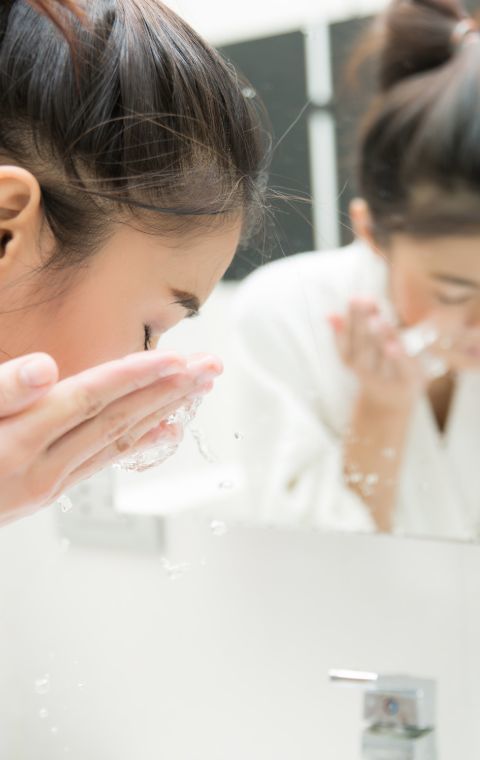
Acne
Acne can be sore and painful and equally can have an effect on our self-esteem. While well-meaning advice like, “just ignore it” and “it will go away by itself”, is offered with kindness, it doesn’t address one key fact: Acne is treatable.
There are many creams and washes available over the counter in Ireland to help tackle acne, so there’s no need to suffer from painful, red spots.
Have a read below to find out what causes acne and what treatments are available to you, and remember, if you need more advice just call into any CarePlus Pharmacy.
What is acne?
Acne, also known as Acne Vulgaris, is a skin disease characterized by spots, bumps and lesions on or beneath the skin. Acne is caused by an excess of sebum, the oily substance produced by glands found at the base of hair follicles.
When these glands produce too much sebum, the follicles become clogged with dead skin cells, debris, and P. acnes bacteria, resulting in spots and inflammation. Acne is mostly found on the face and neck, but it’s also common to experience acne spots on the scalp, upper arms, and shoulders, as well as the buttocks and legs.
Can anyone get acne?
Anyone can get acne, but it is most common in teens and young adults. An estimated 80% of people between ages 11 and 30 have acne outbreaks at some point. Some women experience hormonal acne or spots, around the time of their menstrual period.
What causes acne?
As discussed above, spots appear when hair follicles on the skin become clogged with excess sebum and debris. If the pores then become infected with bacteria, a spot is formed. People who produce more sebum, such as young people experiencing puberty, or those with a naturally oily skin type are more at risk of developing acne.
Acne myths
There are one hundred myths about acne, which can leave people feeling confused. Below are some of the more common myths:
- Acne is caused by a poor diet
- Acne is caused by having dirty skin and poor hygiene
- Squeezing blackheads, whiteheads and spots is the best way to get rid of acne
- Sunbathing, sunbeds and sunlamps help improve the symptoms of acne
None of the above is true. As discussed, acne is caused by excessive production of sebum, so don’t let anyone guilt trip you out of eating chocolate!
How is acne treated?
Mild acne can be treated by using face washes which are specifically made for acne prone skin. These washes usually have antibacterial properties and can help reduce the acne-causing bacteria found on the skin.
More stubborn cases of acne can be treated with over the counter creams containing Benzoyl Peroxide, which works as an antibacterial, anti-inflammatory and anti-comedogenic (stops pores from clogging) agent.
Benzyl Peroxide can only be used in certain cases, so be sure to speak with your CarePlus Pharmacist before you try any creams containing this ingredient.
Where acne is severe and spots frequently become infected, or cyst-like, it is recommended that you speak with your GP. There are a number of prescription treatments for acne, but they may not suit everyone.
For more information on acne and its treatments, call into your local CarePlus Pharmacy.